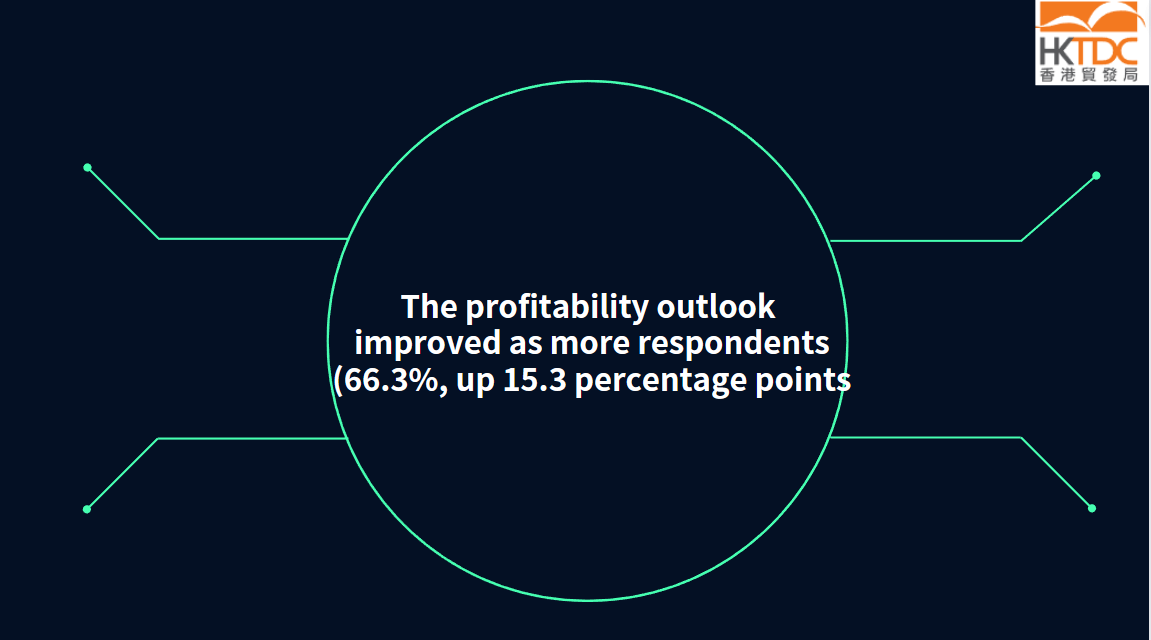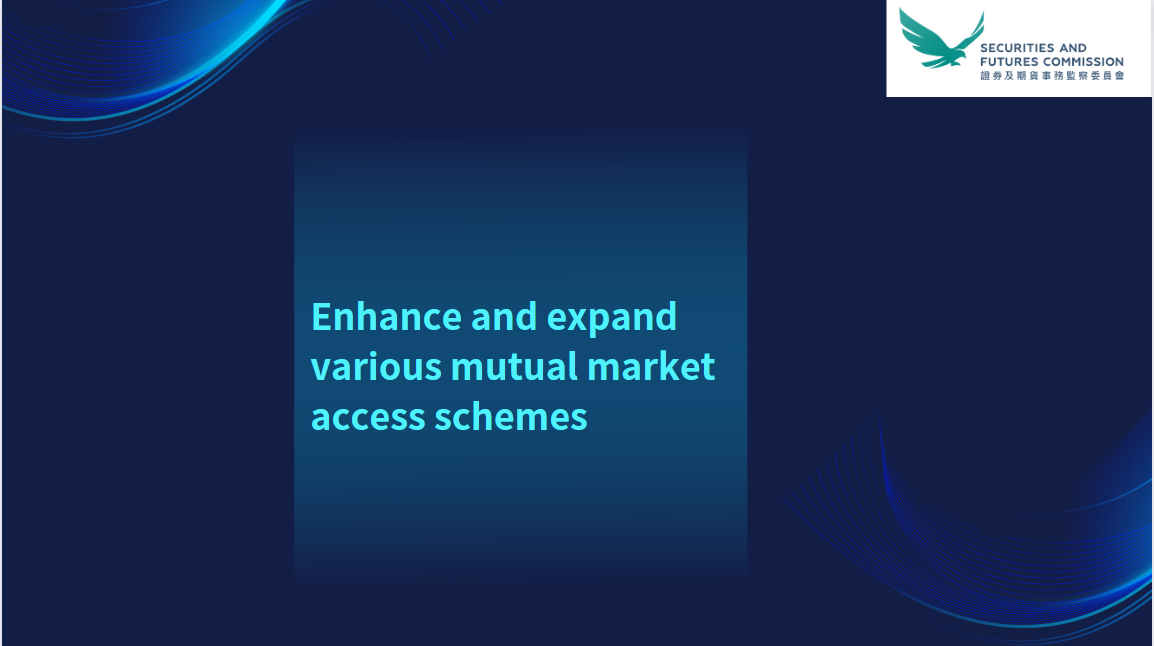Korea, Japan to discuss currency swap after 8-year suspension
Finance ministers of Korea and Japan will resume their annual bilateral meeting this week in Tokyo.
Cooperation in the financial and foreign exchange sectors, possibly including a Korea-Japan currency swap, is expected to be discussed.
According to the finance ministry, Sunday, Finance Minister Choo Kyung-ho and his Japanese counterpart Shunichi Suzuki are scheduled to meet in Japan's capital on Thursday.
As this is the first bilateral meeting since diplomatic relations have been on the path to recovery, all eyes are on whether the bilateral currency swap line, which has been suspended for eight years, will be restored.
A currency swap line is an agreement in which two central banks to exchange currencies, providing one another with access to foreign currency in liquidity.
Some market watchers believe that the benefits may not be significant due to the weakened status of the Japanese yen. However, the symbolic significance of restoring economic cooperation with Japan is expected to be substantial.
"The Korea-Japan currency swap carries symbolic significance in the restoration of the economic relationship between the two countries when considering overall factors such as economic exchanges and corporate investment between Korea and Japan, rather than purely economic factors like exchange rate stability," Bank of Korea (BOK) Governor Rhee Chang-yong said at a press meeting last week.
The currency swap line has ridden a rollercoaster, tied closely to the diplomatic relations of the two countries. Its value rose to $70 billion in 2011 since the two countries first agreed to a $2 billion currency swap in July 2001. However, it has been suspended since February 2015 when bilateral relations worsened.
"I will do my best to achieve a meaningful result," Choo said earlier this month during a discussion forum held in Seoul.
The Korea-Japan finance ministers' meetings, which started being held in 2006, were suspended temporarily after the last meeting in August 2016 due to a deterioration in diplomatic relations.
Also on the agenda are the current global economic trends and the strengthening of cooperation in international forums, such as the Group of 20 (G20) meetings.























































First, please LoginComment After ~